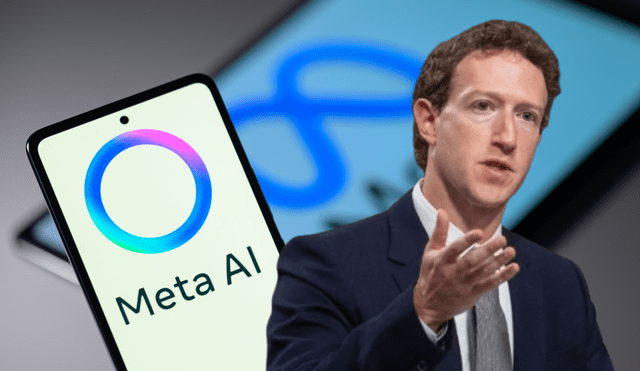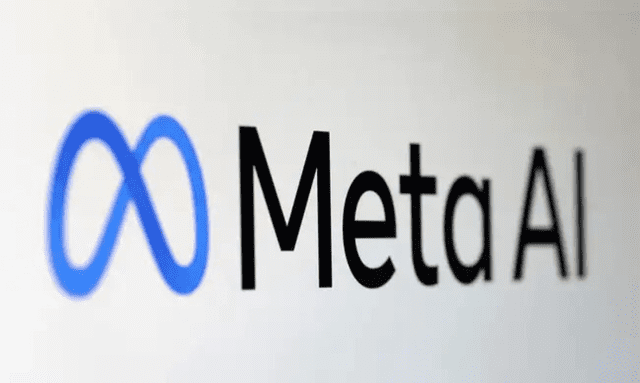Meta unveils stand-alone AI app to challenge ChatGPT in the AI market
Meta Platforms has launched a stand-alone AI app, powered by its Llama AI model, to directly compete with ChatGPT, marking a new phase in the AI arms race alongside other giants like Google and Elon Musk’s xAI.

Meta Platforms has officially entered the highly competitive artificial intelligence (AI) landscape by launching its stand-alone AI app, a direct competitor to OpenAI's ChatGPT.
This new app leverages Meta's Llama AI model and aims to take on other AI players like Google’s Gemini, Elon Musk’s xAI Grok, and Anthropic’s Claude.

ALSO SEE: Republican education plan: reduced borrowing limits and fewer repayment choices for students
Meta AI app: a step toward dominating the AI market
Meta’s new AI app wants to provide users with an intelligent digital assistant. Featuring a Discover feed showcasing how others can interact to the tool and offering various prompts for a personalized experience.

Meta's Llama AI model and aims to take on other AI players like Google’s Gemini, Elon Musk’s xAI Grok, and Anthropic’s Claude. Photo: The Economic Times
This is a long way following Meta’s introduction of its AI chatbot in September 2023, in apps like: Facebook, Instagram, WhatsApp, and Messenger. According to CEO Mark Zuckerberg predicts that by 2025 “it is going to be the year when a highly intelligent and personalized AI assistant reaches more than 1 billion people, and I expect Meta AI to be that leading AI assistant.”
How Meta’s Llama AI app stacks up against competitors
Open AI's ChatGPT is a dominant force within the AI industry, and Meta AI wants to carve its own space in the market. Other competitors in the field include xAI’s Grok and Anthropic’s Claude, as well as Google’s Gemini, which have all launched similar platforms in recent months.
While Meta aims to differentiate itself from other AI models and establish itself as a key player in the rapidly evolving field of artificial intelligence, it maintains its leadership in AI infrastructure. Its move into the stand-alone AI space is a strategic decision.












